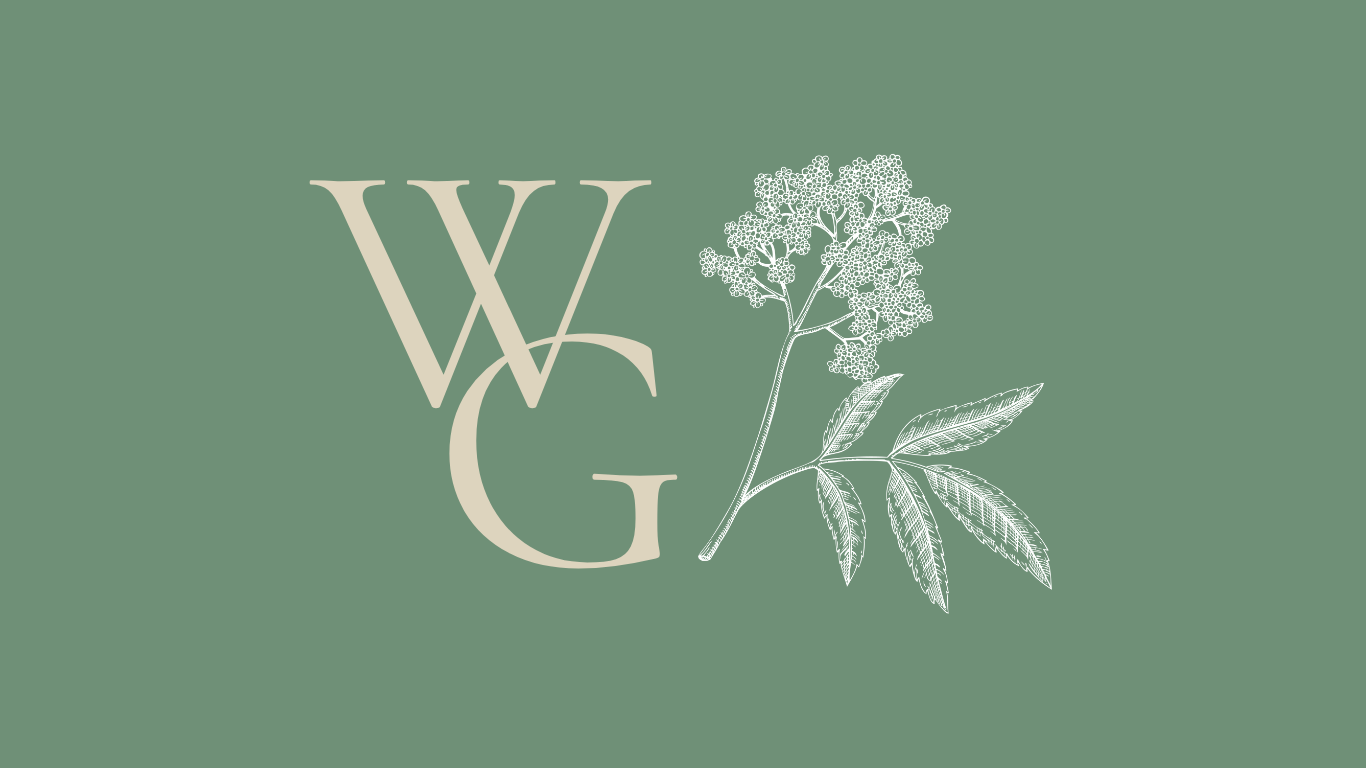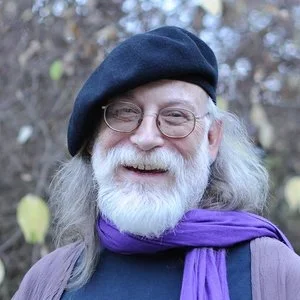Stephen Harrod Buhner and the Secret Teachings of Plants
“The heart is the organ of direct perception.”
— Stephen Harrod Buhner
The history of human culture is inseparable from the history of plants. They have fed us, clothed us, sheltered us, and healed us. For Stephen Harrod Buhner, this relationship extended beyond material dependence to a form of communication. He argued that plants are intelligent beings whose voices can still be heard if we learn to listen with the heart as well as the mind. His work challenged the boundaries between science and spirituality, offering a vision of herbal medicine as both ecological practice and spiritual discipline.
Stephen Harrod Buhner (1952–2022) was an American herbalist, teacher, and author of more than twenty books. His contributions spanned clinical herbalism, ethnobotany, ecology, and spiritual philosophy. Among his most influential works are The Secret Teachings of Plants (2004), Sacred Plant Medicine (1996), Herbal Antibiotics (1999), and Plant Intelligence and the Imaginal Realm (2014).
Buhner’s writing was characterized by a rare synthesis: scientific research on plant chemistry and ecology woven with poetic reflection, Indigenous wisdom, and experiential practice. This integration gave his work credibility among herbal practitioners while also appealing to readers seeking a more relational and reverent engagement with the living world.
Buhner articulated a philosophy of plants as conscious participants in the biosphere, accessible through modes of perception often marginalized in modern culture.
Plants as intelligent beings: He presented evidence from plant biology and ecology that plants perceive, respond, and communicate, functioning as agents in complex ecosystems.
The heart as organ of perception: Drawing on both Indigenous teachings and Western mysticism, Buhner argued that the human heart is capable of direct, intuitive communication with plants, a faculty often suppressed by reliance on intellect alone.
Herbal medicine as partnership: In his clinical texts, he emphasized that healing emerges not simply from biochemical compounds but from the relationship formed between plant, practitioner, and patient.
Illness and ecology: He consistently framed disease as both biological and ecological, suggesting that personal healing cannot be separated from the restoration of ecological systems.
The imaginal realm: Buhner described the imagination not as fantasy but as a legitimate mode of knowing, a bridge between human consciousness and the intelligence of plants.
Buhner’s influence extended across multiple domains. In the field of herbal medicine, his texts expanded the materia medica with rigorous detail on antimicrobial, antiviral, and systemic herbs, many of which became central to contemporary practice. In ecological thought, he advanced the recognition of plants as communicative beings, aligning with emerging research in plant neurobiology while grounding it in spiritual and experiential traditions.
Philosophically, his work challenges the assumption that intelligence is a human monopoly. By articulating plants as teachers, he called for a profound revision of humanity’s place in the biosphere. This perspective has implications beyond herbalism: it reshapes ethics, spirituality, and ecological practice, suggesting that to live responsibly on Earth requires acknowledging the agency and wisdom of the more-than-human world.
Stephen Harrod Buhner gave voice to the intelligence of plants in a time when ecological crises demand new ways of knowing. His writings remind us that listening to the green world is not metaphorical but practical, and that human healing is bound to the health of the larger Earth community. His legacy endures in the practices of herbalists, gardeners, and seekers who continue to approach plants as both medicine and teachers.
Resources & Further Reading
The Secret Teachings of Plants by Stephen Harrod Buhner
The Lost Language of Plants by Stephen Harrod Buhner
Sacred Plant Medicine by Stephen Harrod Buhner
Articles and talks at stephenharrodbuhner.com

